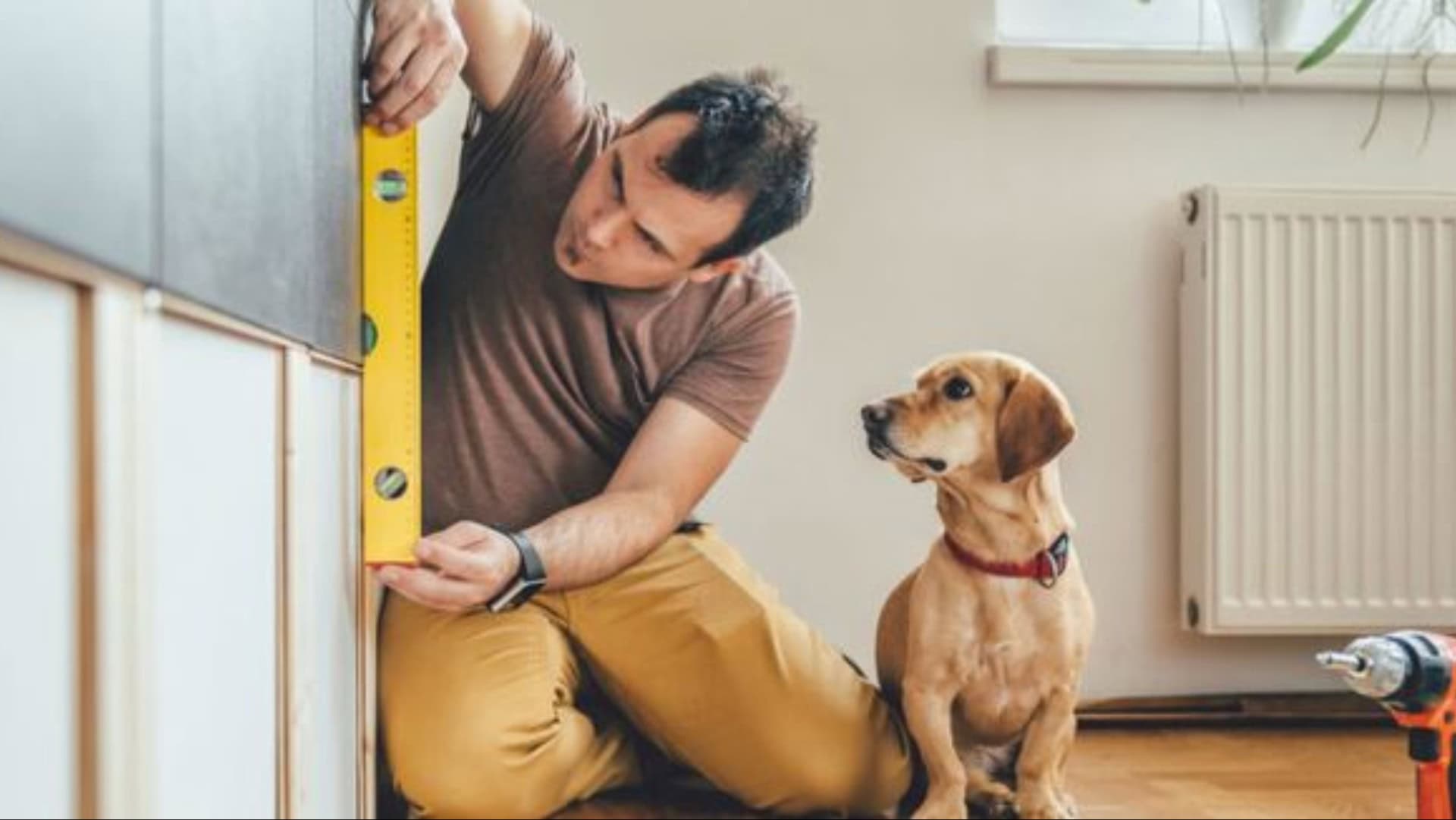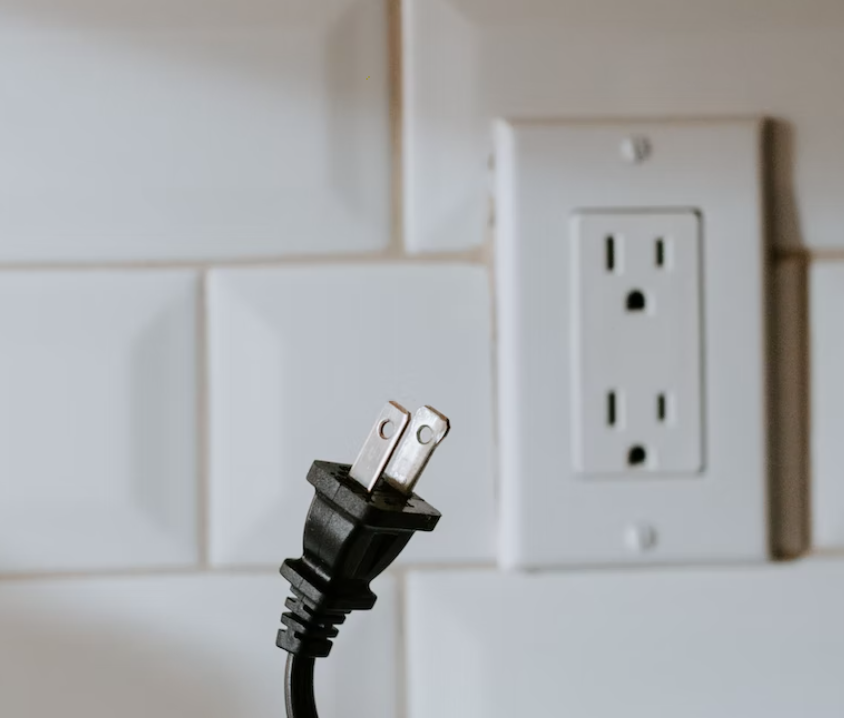Your home may seem safe and sound, but certain everyday oversights can lead to severe damage if not addressed promptly.
From structural integrity to unexpected fires, familiarizing yourself with these common house no-nos can save you from future headaches and costly repairs.
Dive into these 10 critical areas to ensure your home remains a haven.
1. Ignoring Leaks and Water Damage
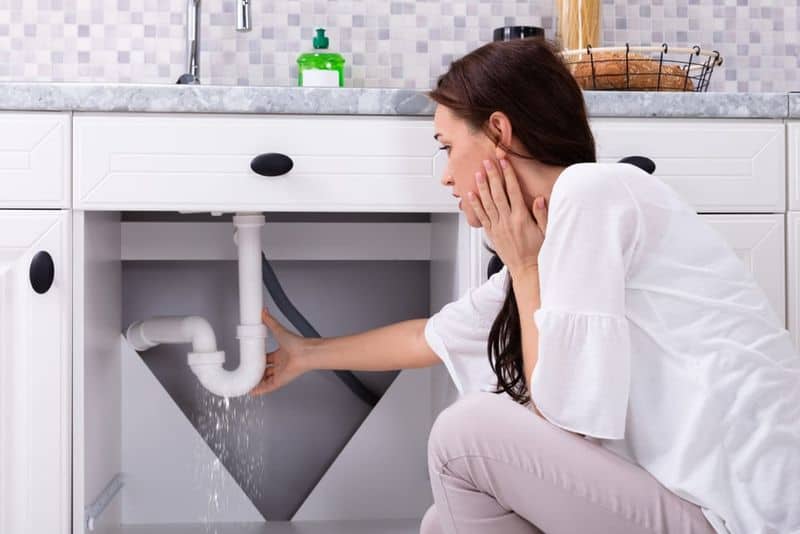
Water damage can be deceptive. A minor leak from a faucet or roof might seem trivial, but it can escalate into mold, rot, and compromised structural integrity.
Mold spores thrive in moist environments, spreading rapidly and affecting air quality.
Over time, unnoticed water damage can lead to costly repairs and health risks.
2. Overloading Electrical Outlets
A single outlet can only handle so much. Plugging too many devices into one outlet risks overheating, potentially sparking dangerous fires.
Power strips, while convenient, have limits. It’s vital to balance power loads and install additional outlets or circuits when necessary.
Protect your home by being cautious about your electrical usage.
3. Using Harsh Chemicals for Cleaning

Cleaning products promise a spotless home, but some chemicals are too harsh. They can erode surfaces, tarnish finishes, and contribute to material degradation over time.
Always read labels and opt for gentler alternatives when possible.
The allure of instant cleanliness shouldn’t outweigh the potential long-term damage to your home.
4. Neglecting Regular Maintenance
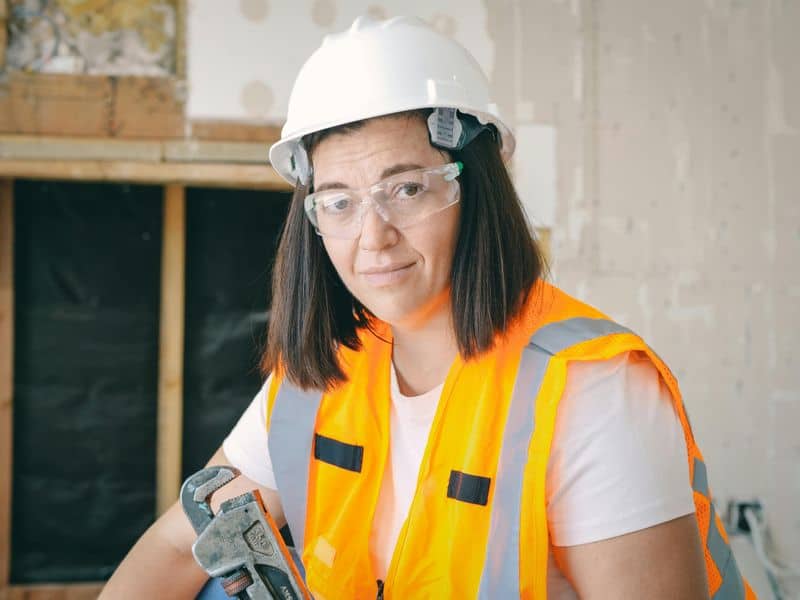
Routine home maintenance might seem tedious, but skipping it can lead to bigger issues.
Overlooked gutters, unserviced HVAC systems, and unattended cracks can snowball into major concerns.
Regular inspections and upkeep ensure everything runs smoothly and extend the life of your home.
Consistency is key in preventing minor issues from becoming major headaches.
5. Improper Landscaping
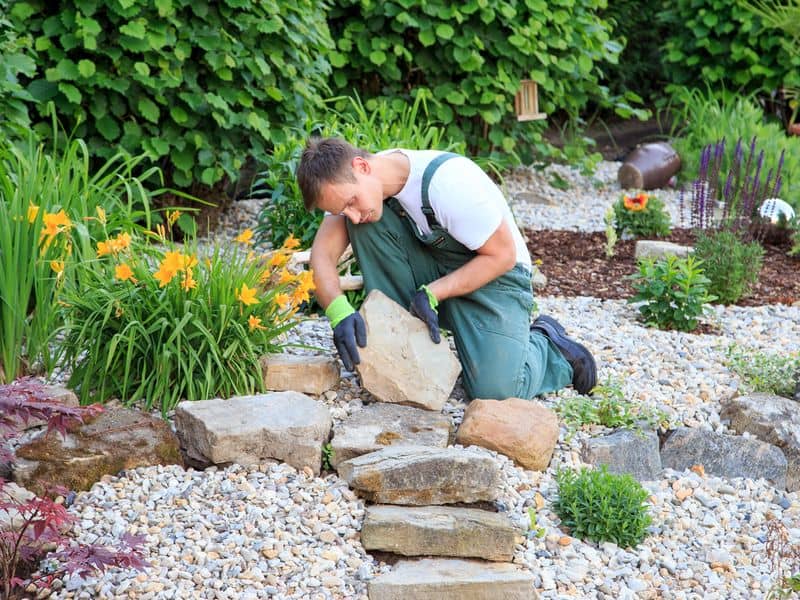
Landscaping is more than aesthetics. Planting trees or shrubs too close to your home can spell trouble.
Roots may invade foundations, while improper drainage leads to water intrusion. Proper planning ensures landscaping enhances, rather than harms, your home’s structure.
A little foresight can prevent significant future damage.
6. Ignoring Pest Infestations
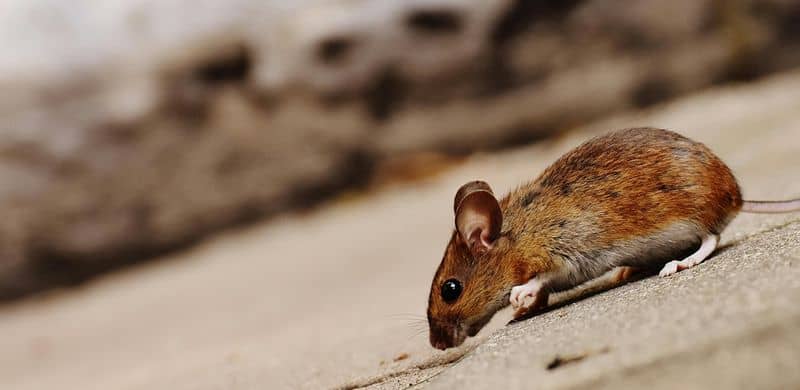
Pests might be small, but their damage is mighty. Termites, rodents, and other invaders can compromise structural integrity swiftly.
Ignoring early signs can result in extensive repairs. Regular inspections and prompt action are crucial to keeping your home pest-free and structurally sound.
Don’t let these tiny threats go unchecked.
7. Using Inappropriate Materials for Repairs
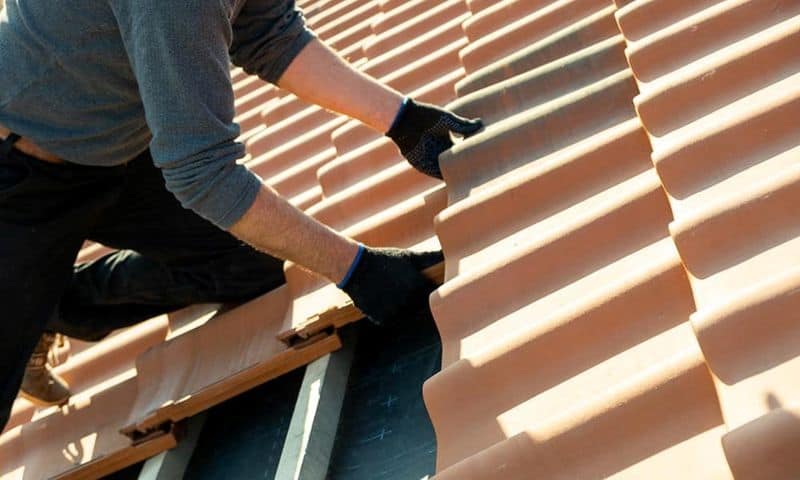
Quality materials matter. Choosing the wrong or substandard materials for repairs can lead to further issues down the line.
Inconsistent finishes, mismatched repairs, and quick fixes might save time initially, but can cost more in the long run.
Invest in quality and ensure longevity for your home improvements.
8. Ignoring Signs of Structural Problems
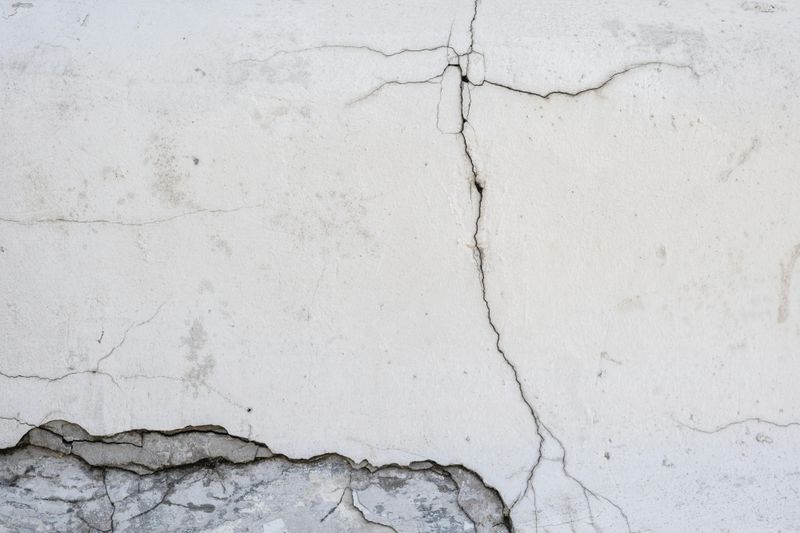
Structural issues rarely resolve themselves. Cracks, sagging, or uneven floors are often indicative of deeper problems.
Ignoring these signs can lead to severe, costly damage. Address symptoms early with professional evaluations to safeguard your home’s integrity.
Being proactive keeps small issues from spiraling into crises.
9. Not Ventilating Properly
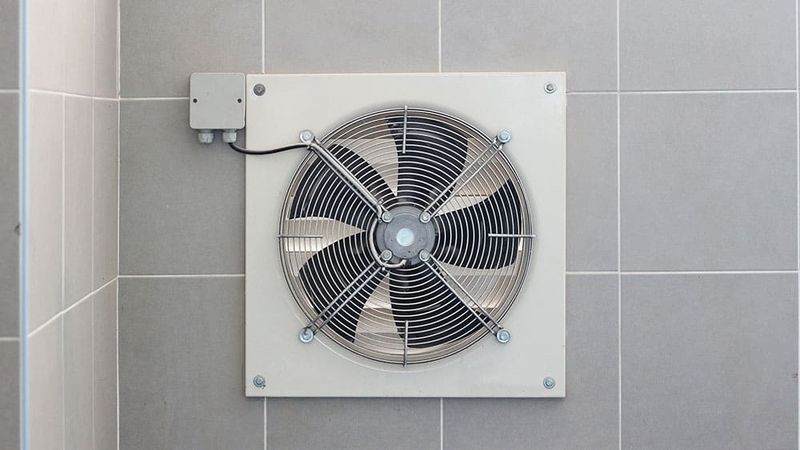
Ventilation isn’t just about comfort. Inadequate airflow in bathrooms, kitchens, and attics can lead to moisture accumulation, fostering mold and rot.
Proper installation of vents and fans is essential to maintaining air quality and preventing damage.
Ensuring your home breathes is crucial for its health and longevity.
10. DIY Repairs Without Proper Knowledge
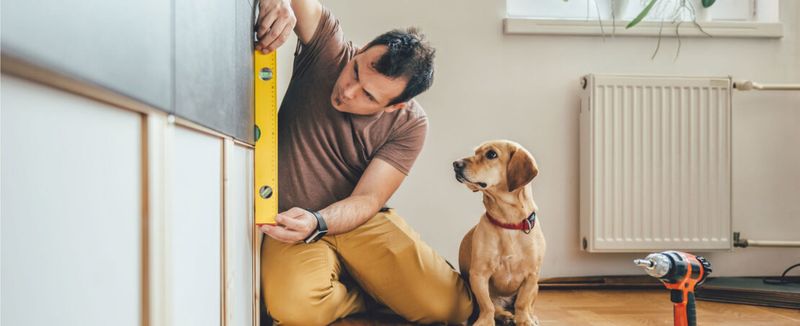
DIY enthusiasts beware: Not all repairs are suited for amateurs. Tackling plumbing, electrical, or structural work without proper expertise can cause more harm.
Consider the risks and your skill level before diving in.
Sometimes, professional intervention is the best route to avoid exacerbating issues and ensuring safety.

